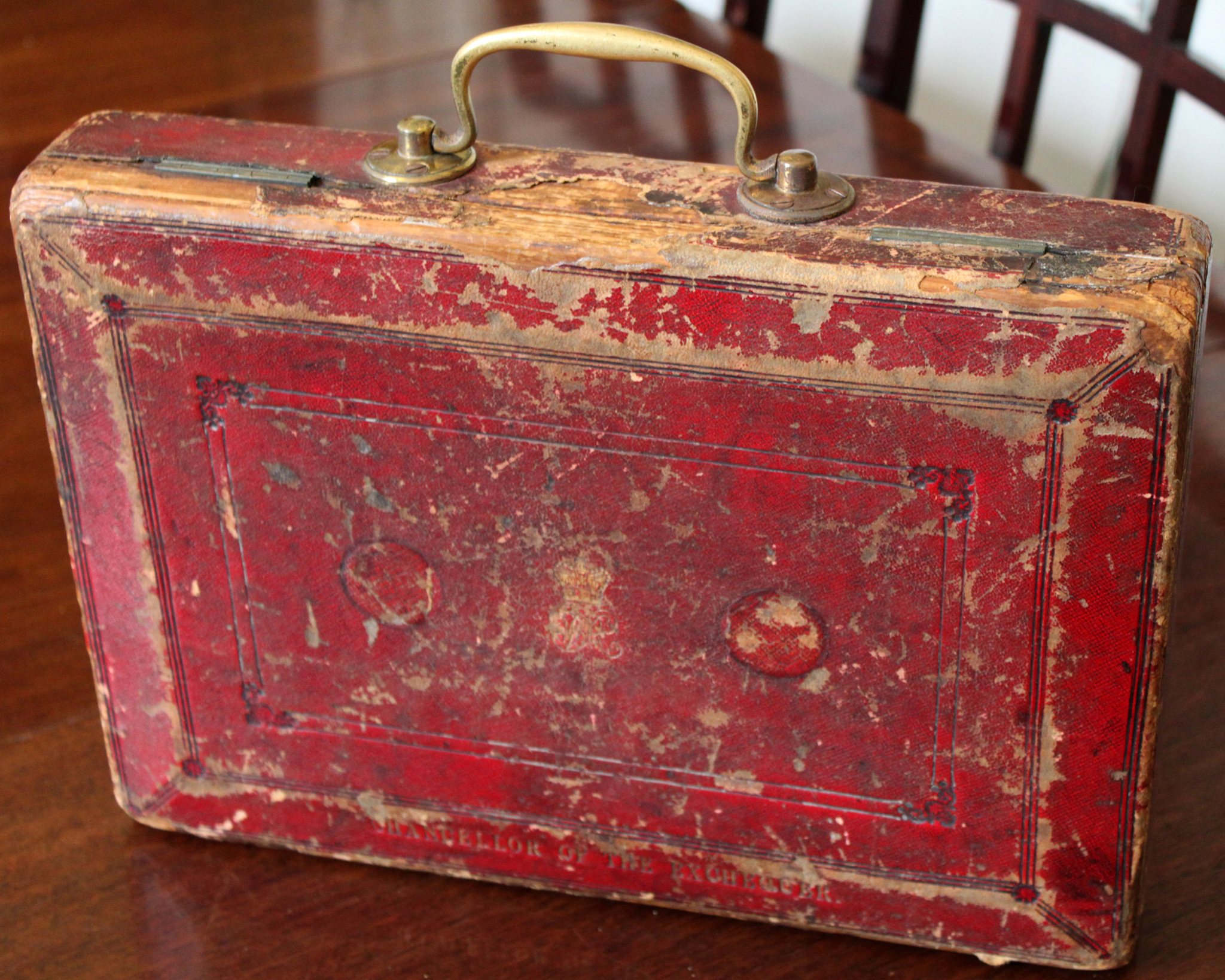Investing
The Budget 2015 digested: The 10 things you really need to know:

This year’s budget brought some good news for savers.
- The UK Economy is in good shape:
UK GDP grew by 2.6 per cent in 2014, faster than any other advanced economy. This is lower than the 3 per cent predicted in December, but the Office for Budgetary Responsibility (OBR) revised its 2015 growth forecast to 2.5 per cent (from 2.4 per cent). Employment is at record levels, with unemployment expected to fall to just 5.3 per cent this year.
- The oil price has given public finances a boost
Lower oil prices have seen lower inflation figures, which in turn have seen lower inflation-based rises in pension and benefit payments. The Chancellor has chosen not to bank this bonus, but to ease austerity instead.
- Living standards are improving
OBR data shows that living standards are higher than in May 2010 with the average household around £900 in last five years.
- Pensions are under the cosh (again)
The Chancellor cut the lifetime allowance – the amount that can be accumulated in a pension over a lifetime – from £1.25m to £1m from April 2016. He made no changes to the annual allowance, however, so investors can still save up to £40,000 per year into a pension.
However, as flagged, Chancellor Osborne did extend the pension freedoms to those who have already retired. Pensioners will now be able to trade in their annuities for a cash lump sum, with the 55% tax charge abolished and tax applied at the marginal rate.
- But Isas are in favour….
The annual savings limit for ISAs has been increased to £15,240, but more exciting was the news of a fully flexible Isa, that would allow savers to withdraw money and put it back later in the year without losing any of their tax-free allowance. The Chancellor also announced the introduction of a ‘Help to Buy’ Isa, whereby the government will add in £50 for every £200 saved for a deposit on a first home, up to a maximum of £3,000.
- There’s even more for savers
For those just getting started on savings, there is a new personal savings allowance, which means that the first £1,000 in interest on savings income will be tax-free for basic rate taxpayers. Higher rate tax payers have a £500 allowance.
- There was some small, but beneficial, tinkering with income tax
The tax-free personal allowance will rise from £10,600 in 2015-6 to £10,800 in 2016-7 and £11,000 in 2017-8. The higher rate tax band will rise by above inflation, and will now start at £42,385 in 2014-5 and £43,300 in 2017-8. The transferable tax allowance for married couples will rise to £1,100.
- The annual paper tax return will be abolished.
The January panic of filing self-assessment tax returns could become a thing of the past, as the Chancellor announced that end-of-year paper tax returns would be scrapped in favour of “real-time” online accounts by 2020. Individuals will have ‘digital tax accounts’, allowing people to submit accounts online throughout the year.
- There was good and bad news for the self-employed
The UK’s growing army of self-employed workers received both good and bad news. The Government is to crack down on self-employed people claiming working tax credits. Self-employed workers must now show that their work is ‘genuine and effective’, ‘commercial’ and ‘profitable’ – or working towards that goal.
However, the Government is abolishing Class 2 National Insurance (the tax you pay if you’re self-employed and you make more than £5,885 profit a year). At £2.75 a week, this isn’t going to make anyone rich, but the government also promised to reform the chunkier Class 4 contributions.
- Those with bad habits can rest easy
Duty on alcohol was either cut or frozen. There were also no changes to tobacco and gambling taxes. Petrol heads can also relax as September’s planned increase was cancelled.